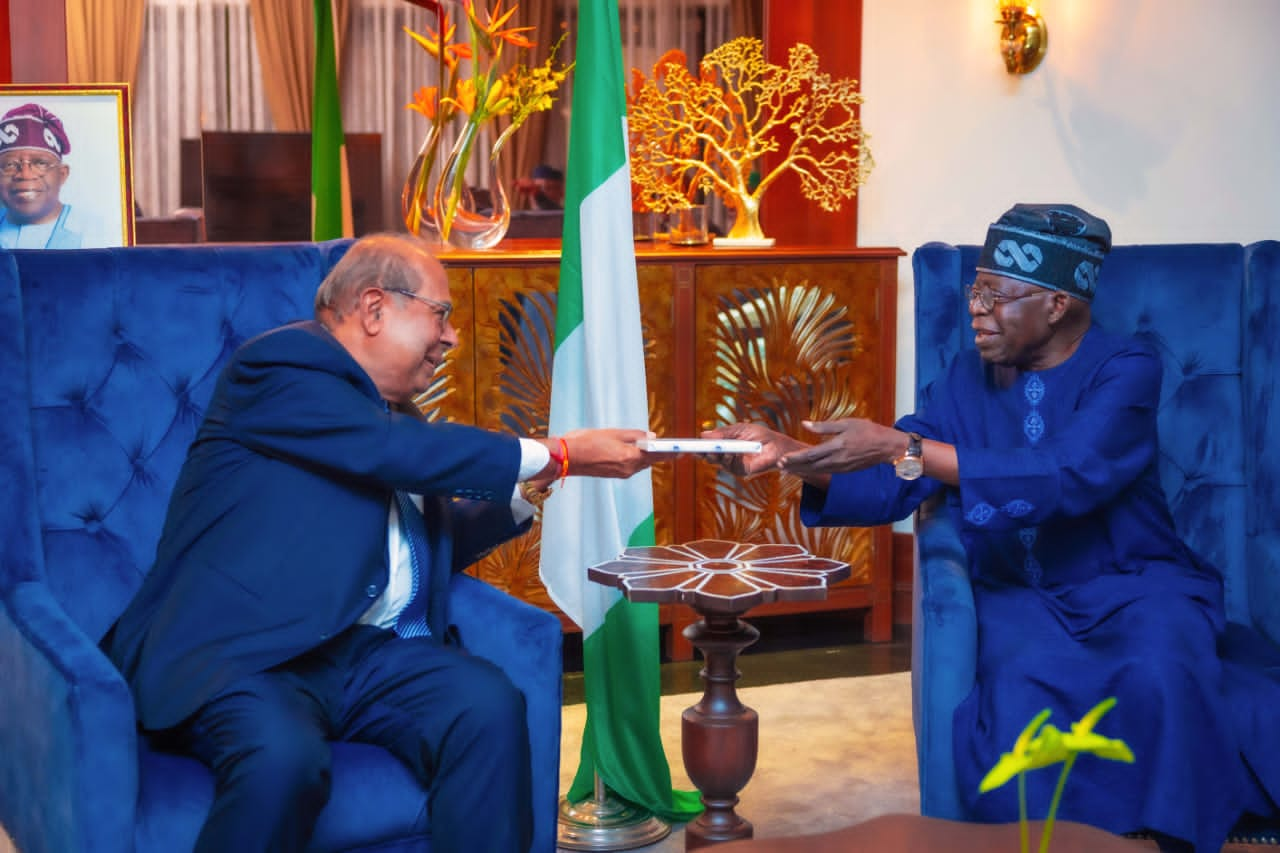By Oluwole Onemola
In the realm of international relations, diplomacy is an art form that demands a precision of words, a finesse of expression, and an understanding of the intricate dance of nation-states. This is why, as a famous Western joke suggests, different situations call for different languages – be it speaking Italian with a chef, French with a lover, or German with a soldier. Yet, when dealing with diplomats, the language of choice must always be tact.
In the past month, we have seen two distinct instances where diplomatic blunders were committed in the course of Nigeria’s international communications. These events have underscored the pressing need for Nigeria to elevate our diplomatic tact and external communications. The first, which related to our response to the Gabonese coup, might have escaped the scrutiny of most, but the second, concerning the lifting of the United Arab Emirates (UAE) visa ban, unfolded for all to witness.
If we compare our official statements on the Gabon coup with those of other nations, we will see that there seems to be an apparent deficiency in our grasp of international relations — particularly in the context of the fundamental diplomatic principle of sovereign equality among states, which pertains to nations, not individuals.
Plight of relatives of hospitalised patients in Nigeria
Anguish in Niger as Nigeria refuses to restore electricity supply
To explain this, let us first consider the wording of our statement after the Gabon coup:
“President Bola Ahmed Tinubu is watching developments in Gabon very closely with deep concern for the country’s socio-political stability and the seeming autocratic contagion apparently spreading across different regions of our beloved continent.”
While seemingly commendable on the surface, this statement falls short in the realm of international diplomacy. International affairs revolves around the relationships between nation-states, not the actions of individual leaders. The statement should have centered on Nigeria as a nation, and Abuja as the seat of power, similar to how Washington, Moscow, and Paris addressed the matter.
Furthermore, our communication should have taken into account the potential consequences of individualized actions and comments on the international stage, as we witnessed from the fallout that followed the Nigeria and ECOWAS’ response to the Nigerien coup. This is why the statement on Gabon could have been issued by other entities, such as the Office of the Minister of Foreign Affairs, the Ministry of Foreign Affairs as an institution, or, as a last resort, the Nigerian Embassy in Gabon.
Additionally, the statement could have been condensed, as diplomacy often values brevity in case of future maneuverability.
Turning to this week’s UAE visa ban issue, the Federal Government’s announcement that proclaimed a historic agreement between President Bola Ahmed Tinubu and UAE President Mohamed bin Zayed Al Nahyan to immediately lift the ban was quite exuberant on our part. This is because, in contrast, the UAE Embassy’s statement, while implying some sort of resolution, exercised the restraint that is typical in bilateral engagements by opting not to mention the visa ban’s removal until the modalities of the agreement were finalised.
Moving forward, to project a balanced and thorough image, we must adopt a more measured approach to communicating our foreign policies. Whether celebrating a victory, adopting a neutral stance, or addressing a crisis, we must remember that nuance matters and the delicate nature of nation-state relations requires a meticulous and measured vocabulary. Hence, the Presidency and the Ministry of Foreign Affairs should immediately establish a formal process to coordinate our nation’s foreign policy communications in a way that will ensure that enthusiasm is tempered and unintentional blunders are avoided.
In the realm of diplomacy, conscientiousness is always the linchpin of success. This is why we need to be more calculated in how we communicate with the rest of the world.
With that being said, I rest my case.
—Oluwole Onemola writes from Abuja. His X handle is @Onemola.—

 Join Daily Trust WhatsApp Community For Quick Access To News and Happenings Around You.
Join Daily Trust WhatsApp Community For Quick Access To News and Happenings Around You.